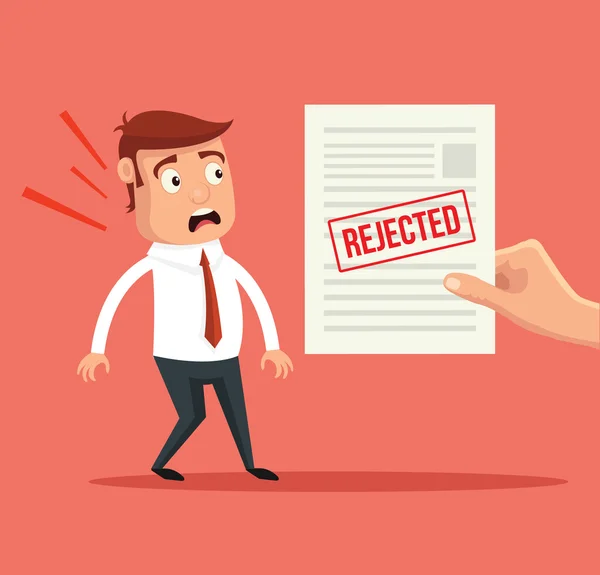As a freelance writer or editor, you work behind the scenes—crafting compelling narratives, polishing brand copy, and ensuring flawless final drafts. But one small error or oversight can lead to big consequences. In fact, many writers and editors don’t realize how exposed they are to liability until a legal issue arises.
That’s where professional liability insurance steps in. Also known as errors and omissions (E&O) insurance, this type of coverage is a must-have for any creative professional working with clients, agencies, or publications.
Let’s break down the risks freelance writers and editors face, and why skipping insurance can put your business—and your future—at risk.
⚠️ What Can Go Wrong? More Than You Think
You may think of writing or editing as a low-risk profession, but the reality is quite different. Here are some common scenarios where liability can come into play:
✏️ Miscommunication or Missed Deadlines
Clients may sue if you fail to meet deadlines, deliver incorrect formatting, or don’t meet expectations outlined in the contract.
✏️ Defamation or Copyright Infringement
Even unintentional libel, slander, or use of copyrighted material can expose you to lawsuits—especially in journalism or content marketing.
✏️ Inaccurate Information
Publishing content with factual inaccuracies—whether it’s for a corporate blog, news outlet, or marketing campaign—can result in financial loss for your client and legal action for you.
✏️ Editing Oversights
A missed typo in a major ad campaign or financial report could cost your client thousands—and they might come after you for damages.
🛡️ Why Professional Liability Insurance Matters
Professional liability insurance helps cover the cost of legal defense, court fees, and any settlements or judgments if a client accuses you of negligence or harm caused by your services.
It not only protects your finances—it protects your reputation, your client relationships, and your ability to keep working.
✅ What’s Covered Under Professional Liability Insurance?
- Legal costs from client lawsuits
- Claims of negligence, mistakes, or failure to perform
- Missed deadlines or undelivered work
- Accusations of libel, slander, or defamation
- Breach of contract disputes
This type of insurance is especially important for freelancers and independent contractors, who don’t have the legal support of a larger employer.
💼 Bonus: It’s Tax-Deductible
Professional liability insurance premiums can usually be written off as a business expense—making it a smart financial move come tax season. You’re not only protecting your business, you’re optimizing it.
🚫 Skipping Insurance Could Cost You Everything
Many freelancers believe they’re “too small” to be sued or that insurance is only for big businesses. But in the world of freelance writing and editing, one client dispute can turn into a financial nightmare.
More and more contracts—even small gigs—now require proof of insurance before work begins. Being covered not only protects you but also gives you a professional edge when landing high-profile clients.
📝 Final Thoughts from an Expert
You take pride in your words—don’t let one mistake erase your hard work. Professional liability insurance is affordable, accessible, and essential in today’s content-driven world. Whether you’re ghostwriting for startups or editing academic journals, the risk is real.
At Bunker, we help freelance writers and editors find coverage that’s customized, fast, and budget-friendly—so you can focus on what you do best: writing. If you’re interested in learning more please visit buildbunker.com or contact us at support@buildbunker.com!
 Freelance Translators and Insurance: Reducing Risk in a Globalized World
Freelance Translators and Insurance: Reducing Risk in a Globalized World 5 Real-Life Scenarios Where Business Insurance Saved Freelancers Thousands
5 Real-Life Scenarios Where Business Insurance Saved Freelancers Thousands







